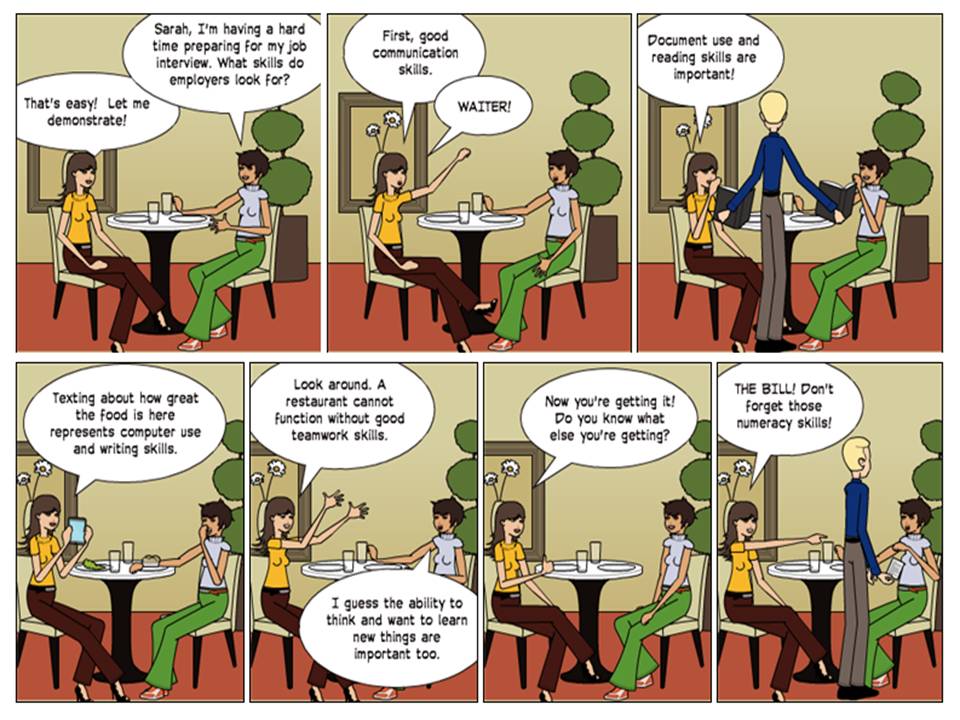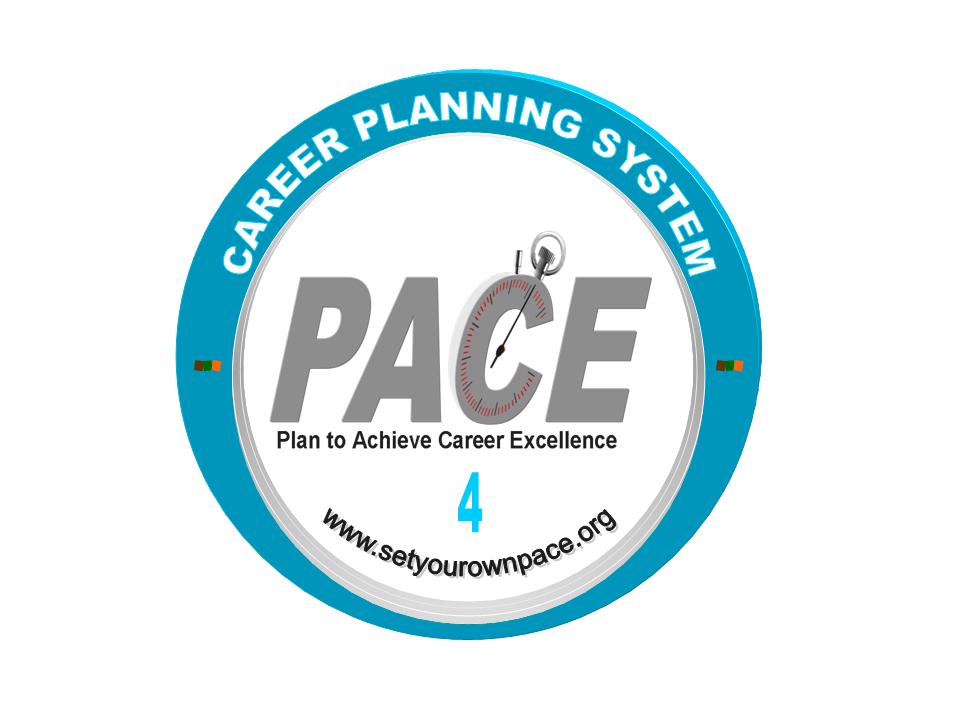 | ||||
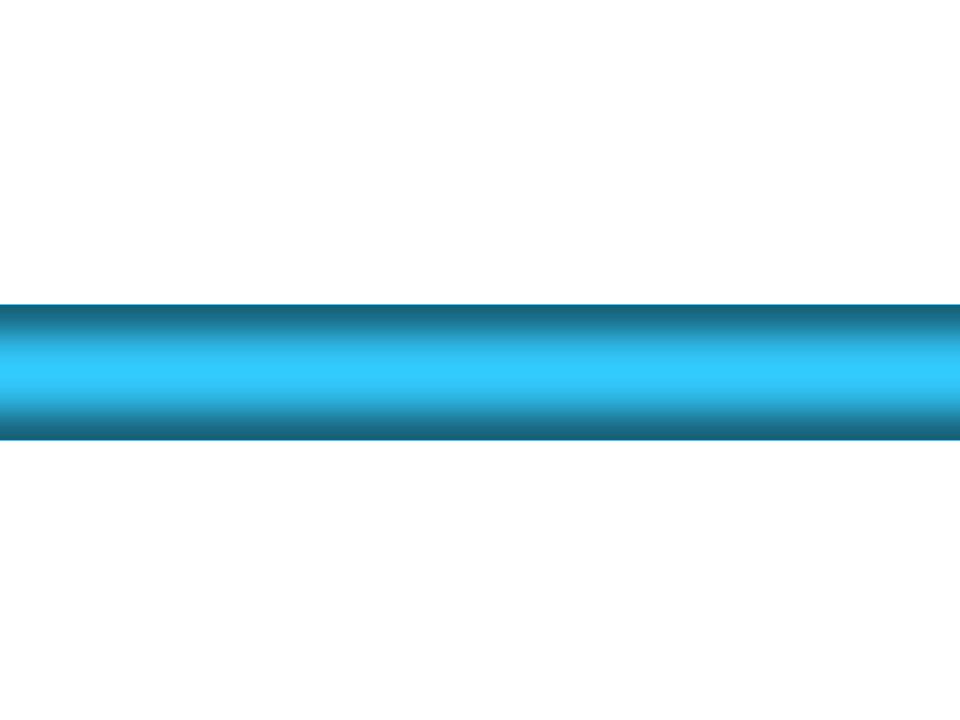




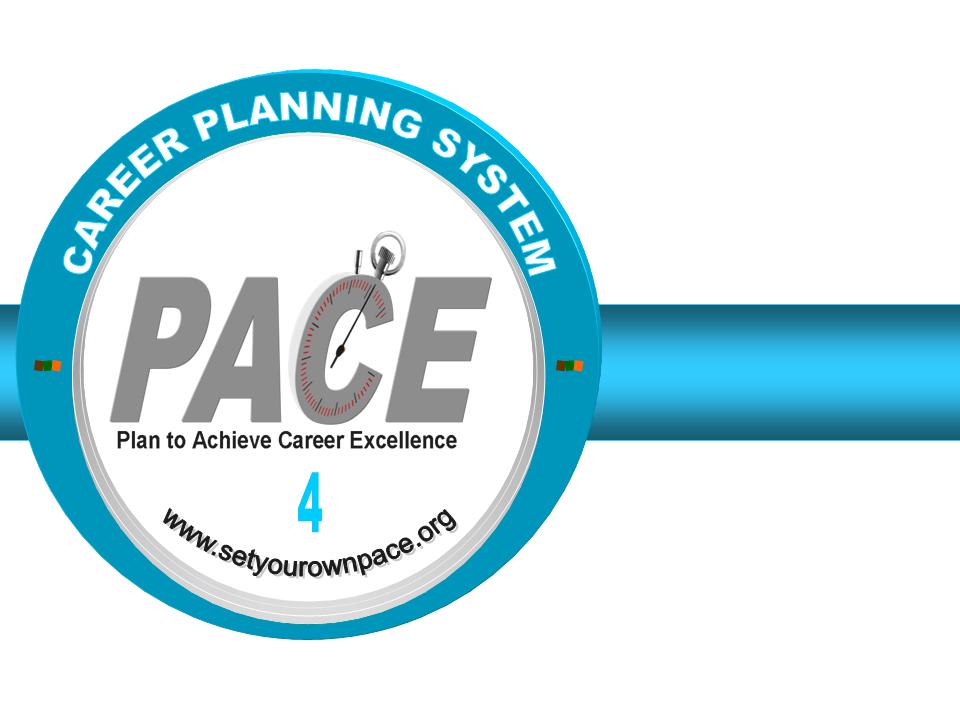
Workplace Essential Skills
Resources
 | ||||
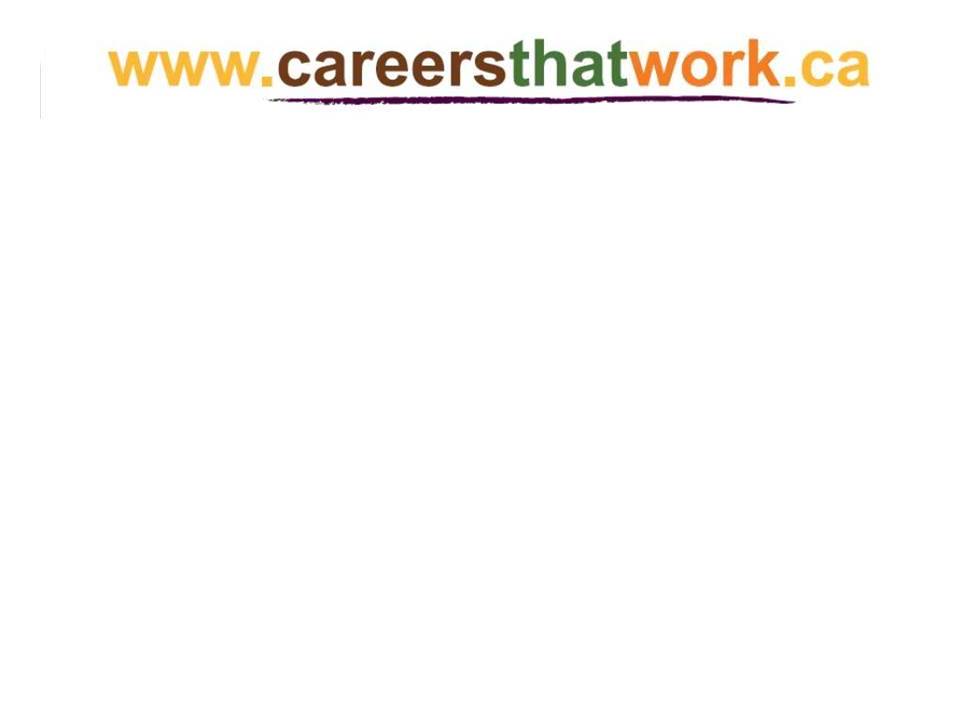
Essential Skills are the skills needed for work, learning and life. They provide the foundation for learning all other skills and enable people to evolve with their jobs and adapt to workplace change.
In 1994, Human Resources and Skills Development Canada launched a national research study, the Essential Skills Research Project, to examine how the essential skills were used in various jobs. Based on this research, the Government of Canada and other national and international agencies have identified and validated nine Essential Skills. These skills are used in nearly every occupation and throughout daily life in different ways and at different levels of complexity.
Reading Text
This skill set refers to reading material that is in the form of sentences or paragraphs. It generally involves reading notes, letters, memos, manuals, specifications, regulations, books, reports or journals.
Document Use
Tasks that involve a variety of information displays in which words, numbers, icons and other visual characteristics (eg., line, colour, shape) are given meaning by their spatial arrangement. For example, graphs, lists, tables, blueprints, schematics, drawings, signs and labels are documents used in the world of work.
Numeracy
The ability to use numbers and to think in quantitative terms.
Writing
This skill set refers to writing texts and writing in documents (eg., filling in forms) as well as non-paper-based writing (eg., typing on a computer)
Oral Communication
Pertains primarily to the use of speech to give and exchange thoughts and information by workers in an occupational group.
Working with Others
Examines the extent to which employees work with others to carry out their tasks. Do they have to work co-operatively with others? Do they have to have the self-discipline to meet work targets while working alone?
Continuous Learning
Examines the requirement for workers in an occupational group to participate in an ongoing process of acquiring skills and knowledge. This includes;
1. knowing how to learn
2. understanding one's own learning style
3. knowing how to gain access to a variety of materials, resources and learning opportunities
Thinking Skills
Thinking Skills include the five different types of cognitive functions and how they are interconnected.
1. memory,
2. attention,
3. language,
4. visual-spatial skills,
5. executive function
Computer Use
Indicates the variety and complexity of computer use and related software/web-based applications.
developed in the workforce and through life experience. These skills apply to every occupational field and
employers indicate the most highly skilled and successful workers are strong in these skill sets.
on each of these skill sets. Where are your strengths? Your weaknesses? This will serve as a baseline so you
can see your progress as you gain more work experience and pursue training opportunities.
You are ready for the final step in your career plan, the Job Search.
Start honing your essential skills right NOW!
Download this presentation to help guide you through this fourth step of your career plan. (Requires PowerPoint, or PowerPoint Viewer).
The Work Room Career Resource Centres offer a free one hour module complete with a workbook and customized coaching to help you identify and build your skill sets! Visit The Work Room website for contact information.
Activity

Funded by the Government of Canada and the Province of New Brunswick through the Canada-New Brunswick Labour Market Agreements.
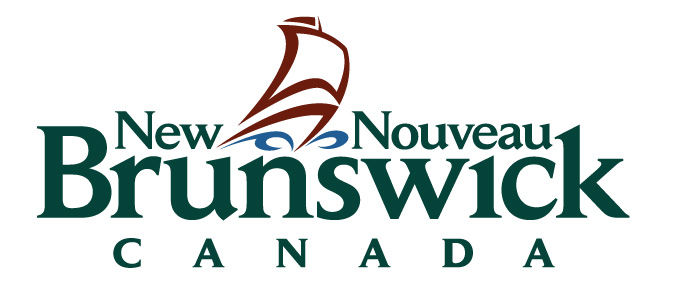
 | ||||
